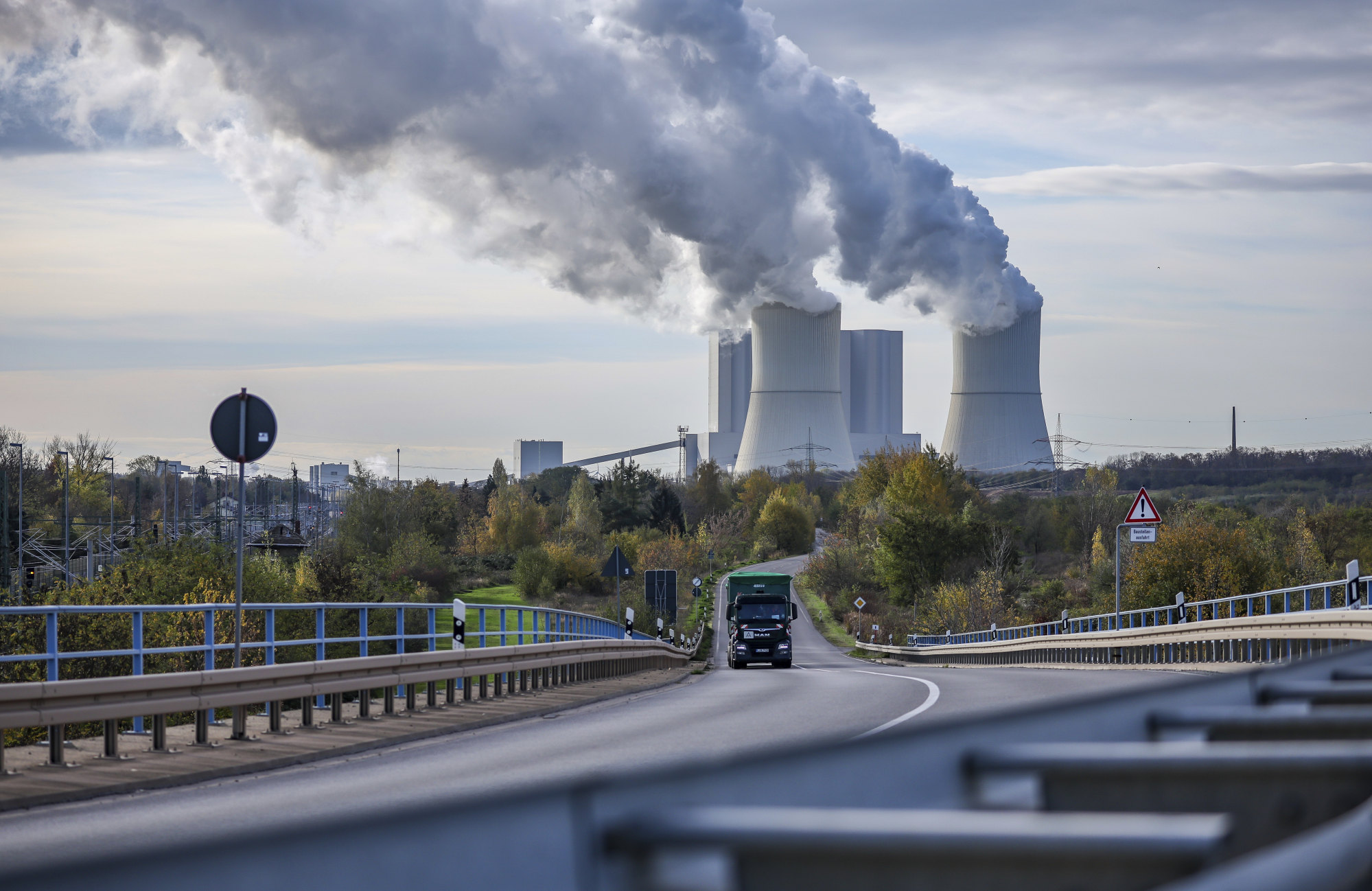
Europe is overestimating its solidarity and global influence in trying to shut out Russia
- As Europe faces economic and social uncertainty, it’s clear that leaders have made several false assumptions
- They believed the region and the wider world would unite against Russia, that they could easily cut economic ties with Moscow, and that their people would bear the outcome no matter what
The protests spreading across Europe today are unlike any that have taken place recently. They are not about human rights or climate change, which only draw out certain groups. Across the continent, Europeans are calling for the same things: bring down prices, solve the energy crisis, and end the war.
It’s becoming clear that the decisions Europe’s leaders made months ago regarding Ukraine are now biting. If protests and strikes are just the beginning, what happens next?
The answer to that depends on the choices made in the coming months. Any effective solution requires the European political class to accept a hard truth: when it comes to the Ukraine war, it miscalculated everything.
Second, Europe assumed its people could withstand the blowback from its actions, while only offering band-aid solutions. This miscalculation has been made clear by the fights breaking out at gas stations in France or Kosovo once again becoming familiar with rolling blackouts. These were once scenes that only appeared in countries labelled “unstable”.
Europe is now so desperate for energy that it has begun restricting energy exports that other nations, like India, have paid for. Its new strategy appears to be energy hoarding. And its next headache might be a clash with Asia.

Most of Europe’s leaders assumed that a shared ideology (democracy) or shared concern (the humanitarian crisis in Ukraine) would be enough to bring countries into the European corner. And, if most of the world stood united against Moscow, then Russia would capitulate.
Even if Europe changes its strategy overnight, there are some transformations that are here to stay. To start with, Europe is fragmenting. When it comes to defence, French President Emmanuel Macron has said France won’t use nuclear weapons, even if Russia uses them in Ukraine. Is the rest of Nato comfortable with this?
Meanwhile, the Hungarian government is planning a referendum on energy sanctions against Russia. As Europe’s energy crisis worsens, will other European countries hold similar referendums? A new form of nationalism is also rising in Europe. The protests in the Czech Republic were held under the banner of “Czech Republic first”.
A weary West may push Ukraine to the negotiating table with Russia
Lastly, the world is returning to “isolation” – similar to conditions during the pandemic. Across Europe, nations are more occupied with their internal affairs than external ones. Yet it’s from such conditions in isolation that the Ukraine war emerged in the first place. If Europe is returning to this status quo, then what’s to come once internal challenges are resolved?
But, one thing is for sure: the Europe the world knew before the Ukraine war is gone. Now, from class warfare to energy rationing, the post-war Europe that’s forming is on fire.
Abishur Prakash is a co-founder and geopolitical futurist at the Center for Innovating the Future (CIF), an advisory firm based in Toronto, Canada

